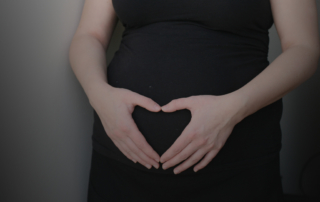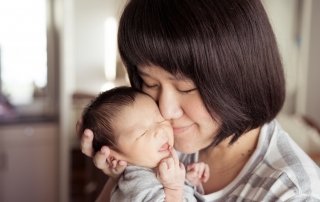Mindfulness-Based Cognitive Therapy for the Prevention of Postpartum Depression
As a field we have focused primarily on the detection of perinatal mood and anxiety disorders; however, one should be aware of the growing body of literature that suggests that certain interventions may actually decrease [...]






